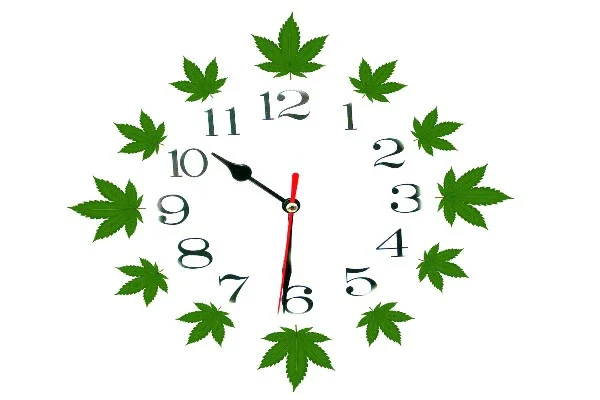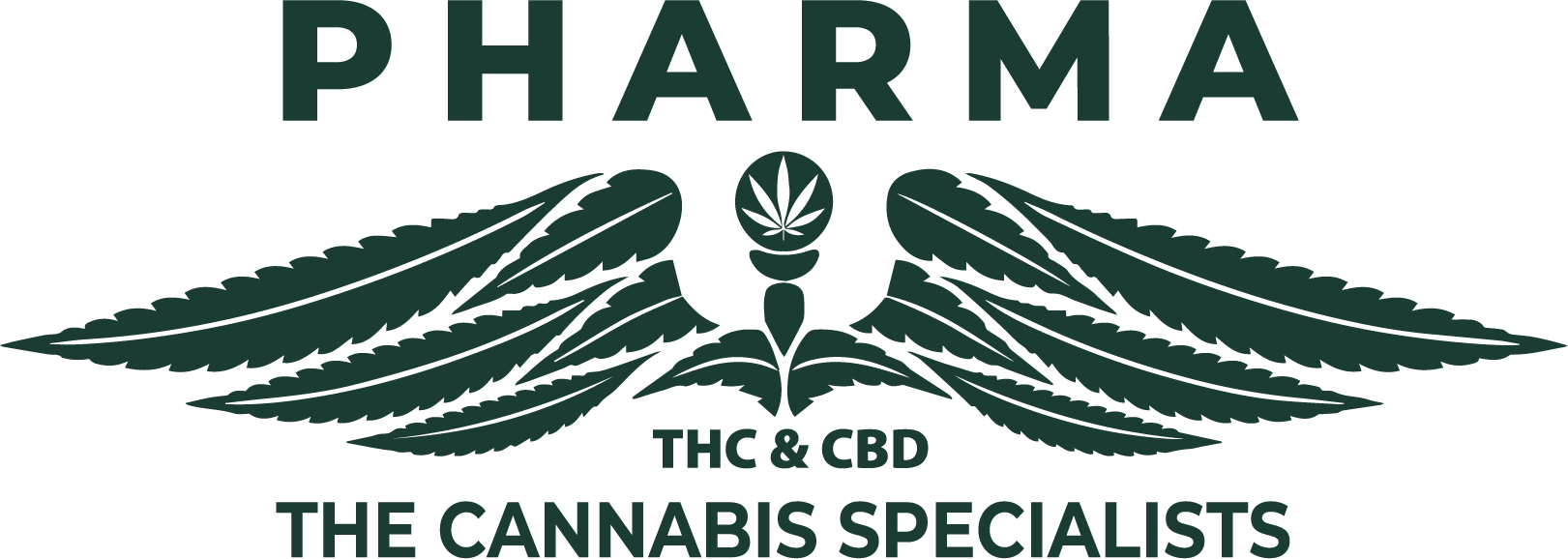The History of Hemp

Hemp has been around for a long, long time. And we’re not just talking about the plant itself. Hemp has been used to create multitudes of items throughout history. More and more uses for this wondrous plant have been found throughout the centuries. Today there are approximately 25,000 products made from hemp. But hemp hasn’t always found favor in the public eye, and its legal standing, especially in the United States, is complicated at best. So we at PharmaCBD thought it would be fun to give you a little history behind our friend, the hemp plant.
The Early, Early Days of Hemp
The earliest known finding of a hemp product is a hemp cloth found in Mesopotamia (Iran and Iraq) that dated back to 8,000 BC. China is a big advocate of hemp and has been cultivating it for 6,000 years. In the 28th century BC, Emperor Shen Nung taught his population how to cultivate hemp to make cloth.
We later see more evidence of hemp spreading throughout the world. First, we see it in the Hindu sacred text, Atharvaveda, around 2,000 BC. This text established hemp as “Sacred Grass” and one of the five sacred plants of India. Then there are other examples like hemp rope found in southern Russia dating back to 600 BC and a jar of hemp seeds found in Berlin, Germany, dating back to 500 BC. Around 700 BC, the first hemp paper mills began to spring up around China and the Middle East. Then around 900 AD, the Vikings began using hemp to make ropes and sails and spread its use to Iceland.
Hemp’s popularity continued to spread throughout much of the world in the centuries that followed. Those who operated sailing ships found that hemp rope and sails fared better in saltwater conditions than cotton. As a result, demand for hemp increased, and in 1535, Henry the VIII passed an act that would fine landowners if they didn’t plant at least one-quarter of an acre of hemp. Because of exploration, hemp was introduced to South America in 1549 and finally made its way to America in the 1600s.
Hemp in America
Hemp played a significant role in America’s founding, as the first settlers in Jamestown used hemp to make clothing, rope, and sails in 1616. Hemp became so useful and such a profitable export that in 1619, King James I, by royal decree, made it mandatory for every landowner in the New World to grow 100 hemp plants for export. Many colonies eventually established similar laws. For example, farmers in Massachusetts and Connecticut were required to grow hemp, and between 1763 and 1769, property owners in Virginia could face jail time for not growing hemp.
Our founding fathers were big fans of hemp as well. George Washington grew hemp, Ben Franklin owned a hemp paper mill, John Adams wrote of hemp cultivation, and Thomas Jefferson not only experimented with cross-breeding hemp, but he also owned a patent on a hemp threshing machine that could separate hemp seeds from the stalks.
Hemp enjoyed enormous popularity in the United States for over two centuries. Even Abraham Lincoln used hemp oil in his lamps. However, in the early decades of the 1900s, all of that changed.
In the 1930s in the U.S., two elements came together to hurt hemp’s popularity and legal status greatly.
- #1: A large influx of Mexican immigrants, brought on by the Mexican Revolution and other wars, turned American sympathies against these immigrants. Unfortunately, one of the products brought to the U.S. by these immigrants was marijuana, or “wacky weed.” Therefore, all cannabis products, including hemp, suffered in American sympathies.
- #2: Large manufacturers like Dupont began creating more and more synthetic products that could replace the same products currently made from hemp. Therefore, these powerful companies exercised enormous political pressure on Congress to pass laws against hemp products.
These two coinciding elements culminated in the passing of the Marihuana Tax Act of 1937. The Act didn’t make cannabis illegal, but it did tax hemp cultivation to the point that it was no longer economically viable to grow it.
It wasn’t until World War II that hemp found favor in the American eye again. Supply lines were cut so that the U.S. could not import hemp to make essential products needed for the war effort. So in 1942, the U.S. Army, in association with the United States Department of Agriculture, launched their Hemp for Victory campaign. This allowed U.S. farmers to obtain permits to grow hemp and led to 150,000 acres of hemp being planted. Unfortunately, as soon as the war ended, the permits expired, and hemp once again faded into the background.
To make matters worse for hemp, in the 1970s, the U.S. began its “War on Drugs.” This overreaching campaign brought about the classification of drugs into “Schedules” with the Controlled Substances Act. Schedule 1 drugs were considered the most dangerous, and hemp was classified as a Schedule 1 drug as well as marijuana and LSD. This is the first time in America that hemp was considered illegal. This legal standing continued until the early 2000s where, finally, things began to turn around.
In 2004, the Ninth Circuit permanently protected hemp foods and body care products through their decision in the landmark Hemp Industries Association vs. DEA case. Hemp won another victory in 2007 when two North Dakota farmers were granted licenses to grow hemp. Sentiment toward the benefits of hemp continued into 2014 as President Obama signed the Farm Bill. This bill allowed for research institutions to begin piloting hemp farming programs.
Finally, in 2018, an amendment to the Agricultural Improvement Act (The Farm Bill of 2018) was signed into law. This Act removed the hemp plant from the Controlled Substances Act and made hemp products federally legal throughout the U.S. as long as they didn’t contain more than .3% THC.
We Carry Only the Best Hemp-Derived Products at PharmaCBD!
From our tinctures to our edibles to our hemp flower and beyond, you are not going to find higher-quality hemp-derived products on the market today than you will with PharmaCBD!


